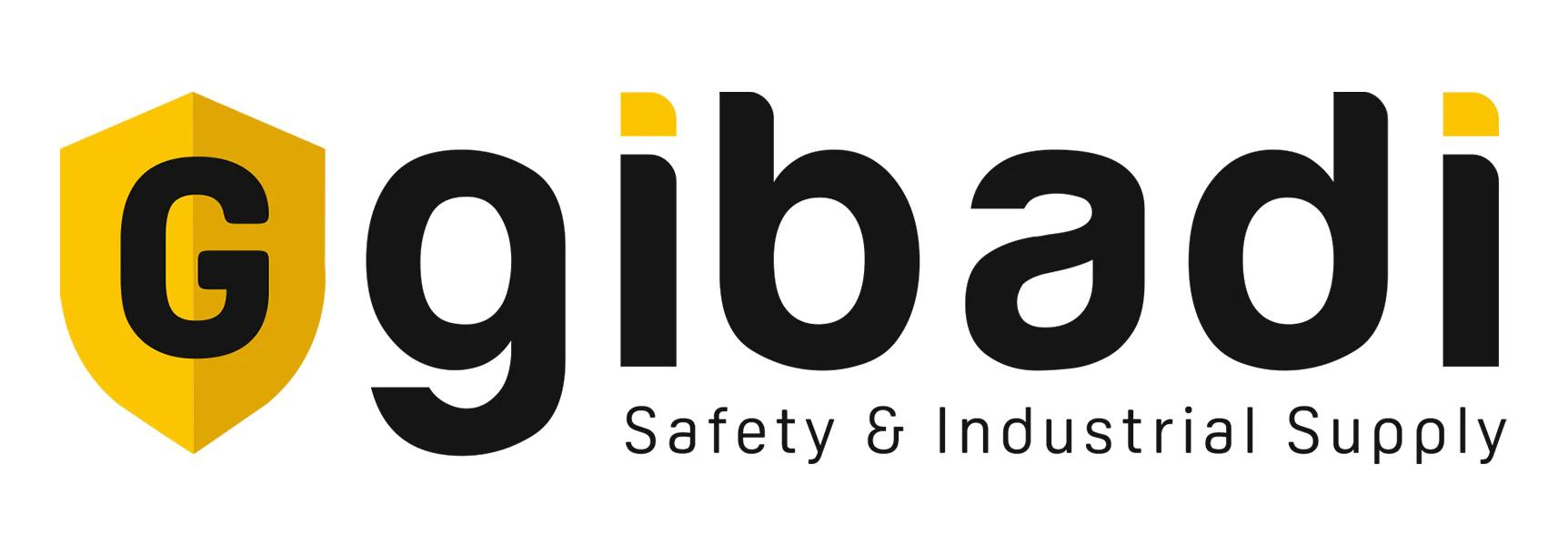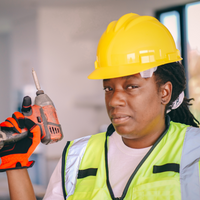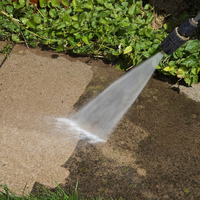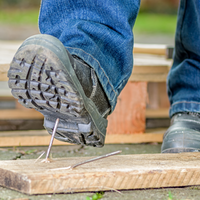Power tools are essential for both professional contractors and DIY enthusiasts across Nigeria. Whether you're working on a construction site in Abuja, renovating a home in Lagos, or running a small workshop in Port Harcourt, having the right tool can make all the difference.
But here’s the truth many buyers make costly mistakes when purchasing power tools. At Gibadi.com, we’ve seen it all and we’re here to help you avoid the most common pitfalls.
Here are 10 mistakes to watch out for when buying power tools in Nigeria—and how to shop smarter:
1. Choosing Price Over Quality
Yes, budget matters. But going for the cheapest tool often means compromising on quality, performance, and durability. A cheap drill that breaks after two uses costs more in the long run than a reliable one.
Gibadi Tip: Invest once in a trusted brand with a warranty and after-sales support.
2. Ignoring Voltage and Power Requirements
Nigeria's power supply isn’t always stable. Buying a high-powered tool that can’t handle voltage fluctuations—or one incompatible with your generator—can lead to damage or poor performance.
Avoid it: Always check if the tool is rated for 220V and if it works well with generators or inverters.
3. Overlooking the Purpose of the Tool
Not every tool is built for every job. Buying an industrial-grade tool for light use—or a domestic tool for heavy work—can lead to breakdowns or underperformance.
Ask yourself: “What job am I doing regularly?” Then buy a tool that matches that workload.
4. Not Verifying Authenticity
The Nigerian market is flooded with counterfeit tools that look real but break down fast. Fake tools are dangerous and unreliable.
Buy smart: Always buy from verified dealers like Gibadi.com, where every product is 100% authentic.
5. Forgetting About Spare Parts and Servicing
A great tool is useless if you can’t service it or replace worn parts. Many imported brands in Nigeria have no local support.
Pro move: Stick to brands with spare parts and service centers available locally.
6. Ignoring Warranty and Return Policy
Some sellers give no warranty or offer vague return conditions. That’s risky when you're buying a product meant to last.
Look for: Clear warranty terms, a return window, and local support in case of issues.
7. Buying Without Checking Tool Specs
Many buyers skip over motor size, RPM, torque, blade size, etc. These specs determine how effective the tool will be for your task.
Double-check: Read the product label or ask a Gibadi expert for help matching specs to your job.
8. Not Considering Battery Life (For Cordless Tools)
Cordless tools are great—but buying one with a weak battery or no extra battery pack can slow you down.
Smart tip: Buy tools with lithium-ion batteries, and check for runtime and recharge speed.
9. Skipping Safety Features
Some tools lack safety guards, auto shutoff, or overload protection. That may cut the price—but it increases your injury risk.
What to do: Choose tools with proper safety certifications and built-in protection.
10. Not Asking for Professional Advice
Whether you're new to tools or a seasoned technician, a second opinion can save you time and money.
Reach out: At Gibadi.com, our team is ready to guide you to the right power tool for your specific needs.
Buying the right power tool in Nigeria doesn’t have to be complicated—if you avoid these common mistakes. With trusted brands, reliable after-sales support, and expert advice, Gibadi.com is your go-to marketplace for authentic, durable, and efficient power tools.
Ready to upgrade your toolkit?
Visit www.gibadi.com or chat with our product experts today.














